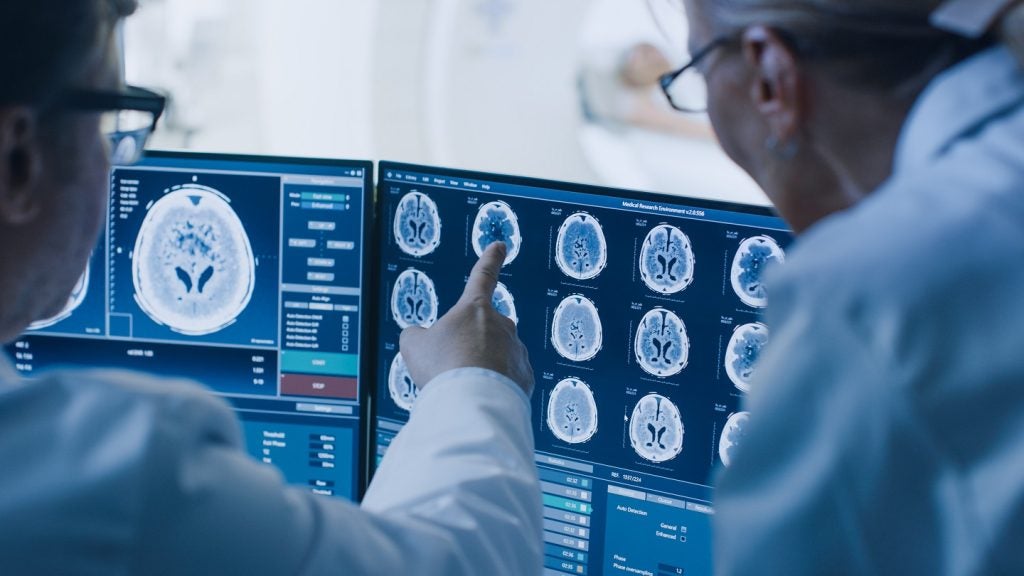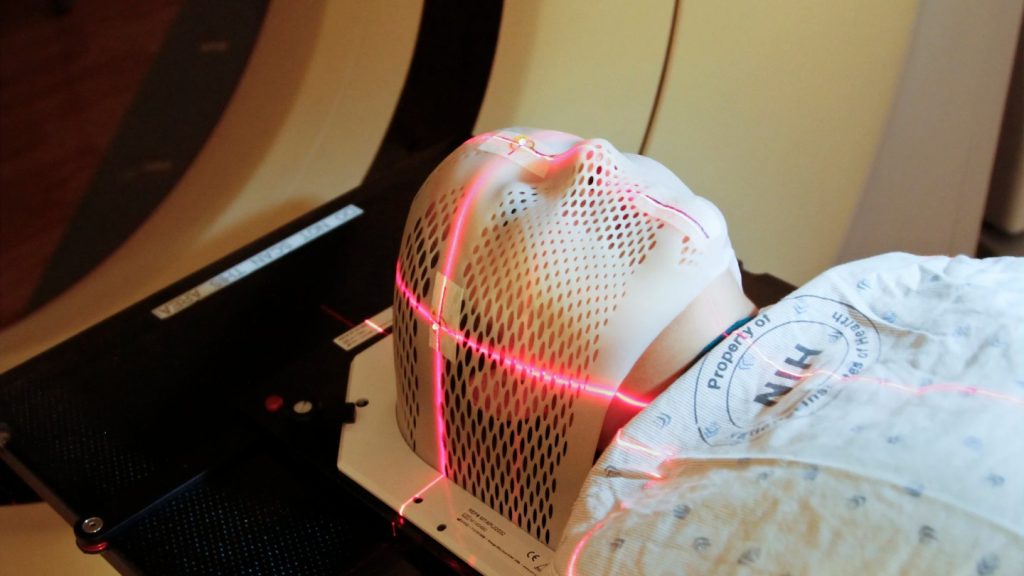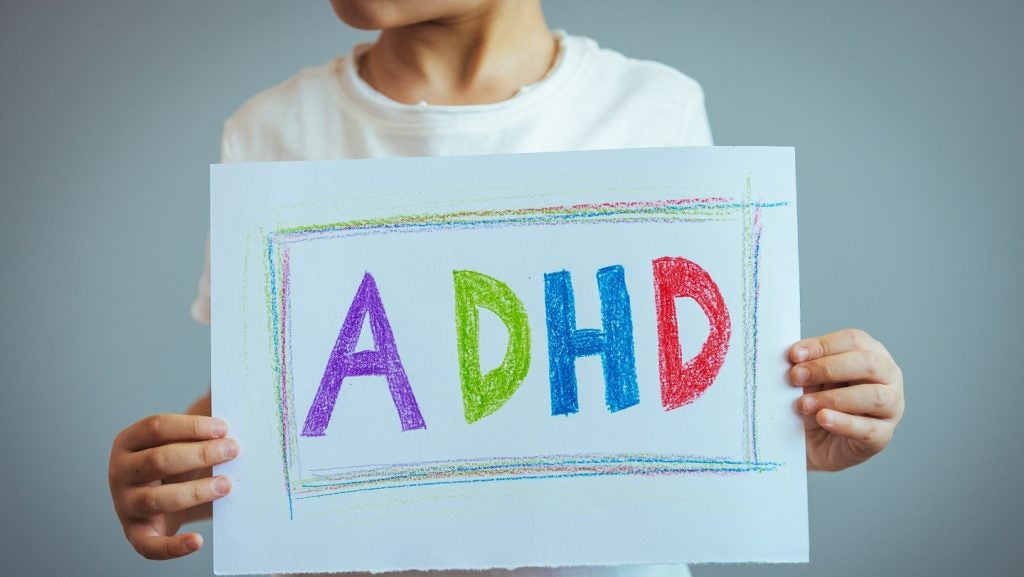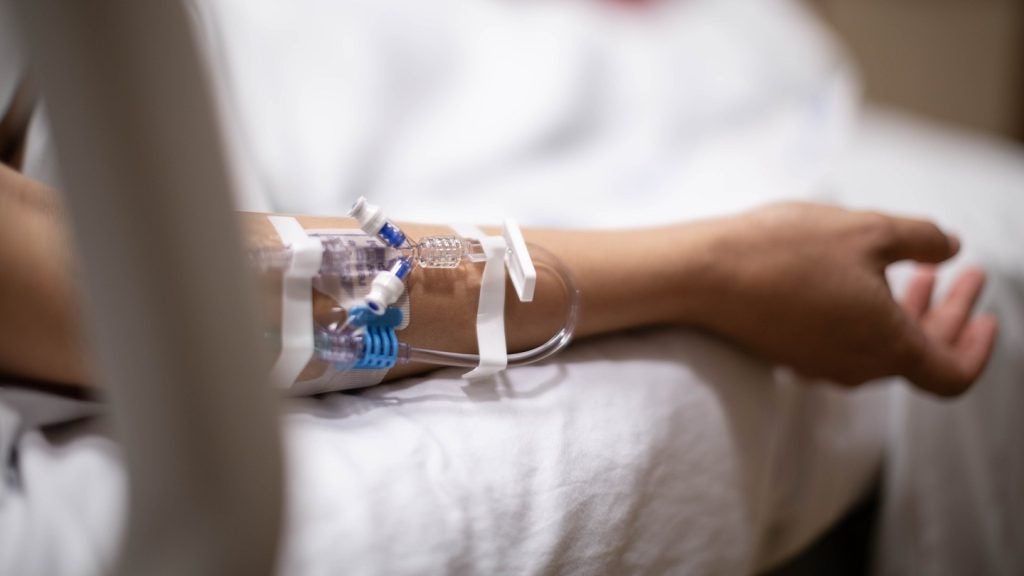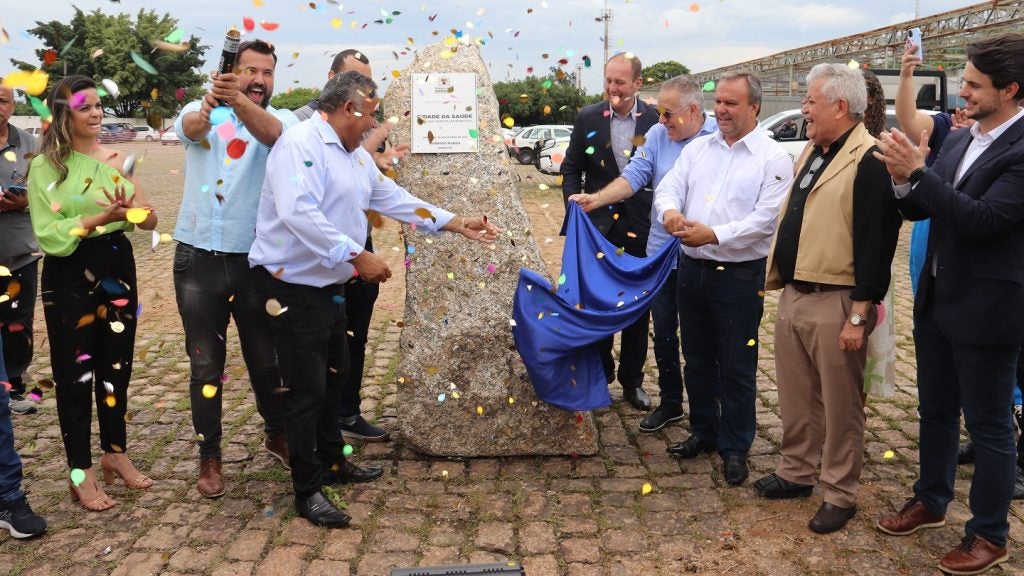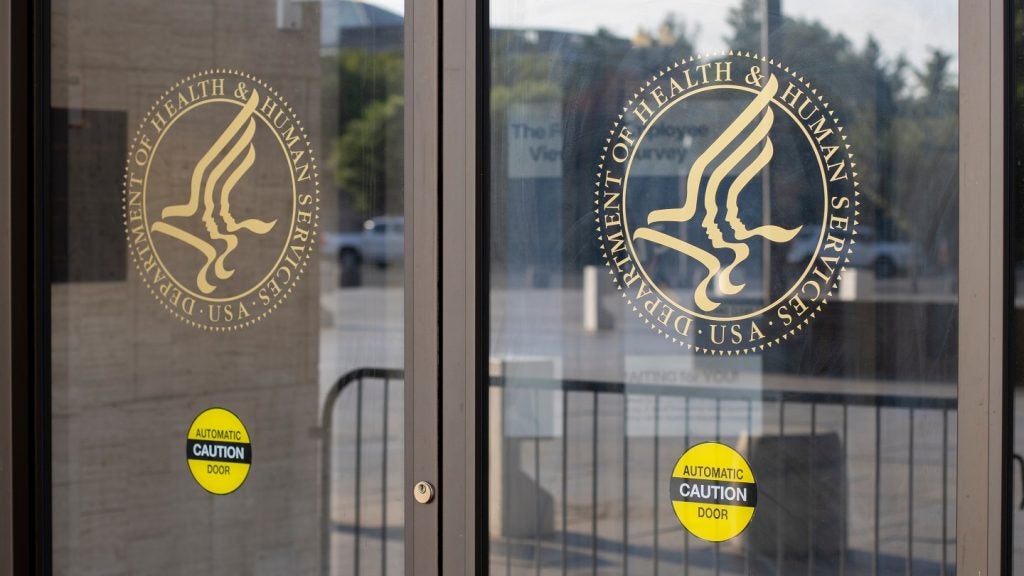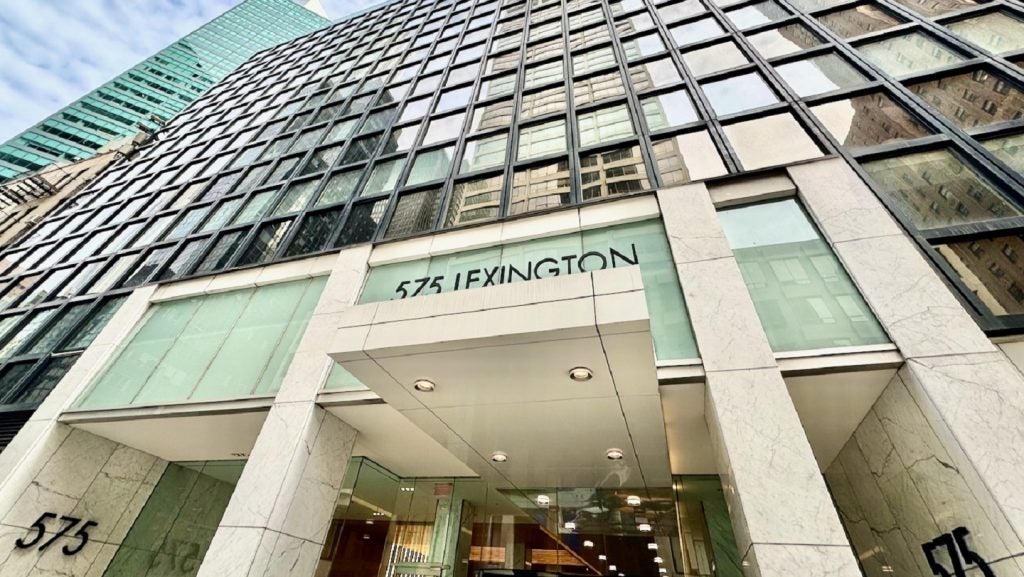King Faisal Specialist Hospital and Research Centre (KFSH&RC) in Riyadh, Saudi Arabia, has become the first healthcare facility in the Middle East to adopt liquid biopsy technology.
This includes using a small 10ml blood sample as a less invasive alternative to traditional tissue biopsies.
According to a press statement, the liquid biopsy technology can detect around 50 cancer-related genes and over 3,000 genetic mutations. It will provide accurate results for identifying tumour biomarkers, predicting treatment responses, monitoring emerging mutations, and confirming the absence of tumour recurrence.
Particularly, this technology is said to be beneficial for patients who face challenges accessing affected tissue without surgical procedures, such as those with lung cancer or elderly patients.
It has applications in various stages of cancer treatment, enabling quicker clinical decision-making, reducing testing time, and automating the process.
The key benefits of liquid biopsy technology include its non-invasive nature, and ability to detect a wide range of cancer genes and mutations.
Besides, it is claimed to provide accuracy in identifying tumour biomarkers and predicting treatment responses, with the option to repeat the test during treatment to frequently track changes in the patient's condition.
The applications of the technology at KFSH&RC range from early cancer diagnosis to monitoring a patient's condition during treatment and establishing a database of tumour-causing mutations in the local community.
KFSH&RC acts is a medical research and education hub, providing clinical, research, and educational services through associations with local, regional, and international organisations.


